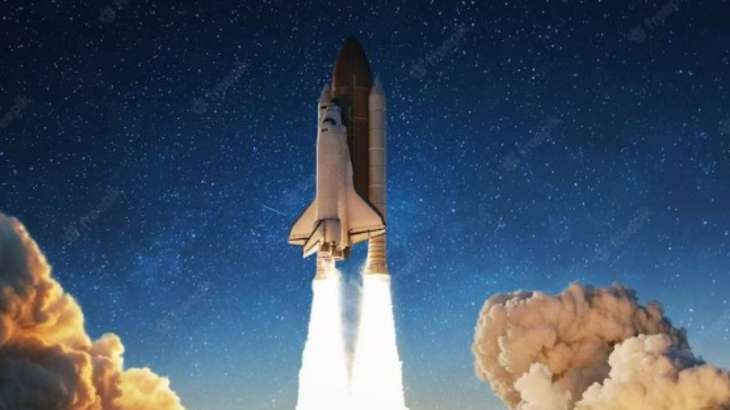How China and India are competing in the $447 billion space industry

India is squeezing its way into the highly lucrative space market, capitalising on China and Russia’s geopolitical isolation to position itself as a reliable alternative to SpaceX.
State-owned NewSpace India Ltd. launched three communications satellites for OneWeb Ltd. from an island off the eastern coast of India last month. The decision not only saved the UK satellite company’s bid to build a global broadband internet network in the sky, but it also highlighted India’s intentions in the field.
Because of consumer demand for fast internet delivered from space, satellite launch has become a lucrative industry. The space sector is anticipated to grow from $447 billion in 2020 to $600 billion by 2025, according to Ernst & Young.
ALSO READ: US hands over NASA-ISRO developed satellite ‘NISAR’ to Indian space agency
Given their long-running state space programmes, Russia and China, along with Elon Musk’s SpaceX, have been the primary providers of satellite launches. Nevertheless, due to the Ukraine conflict and Beijing’s relations with the US, they are now off limits to many potential consumers. Due to Russia’s interference in the original launch last year, where they captured 36 of OneWeb’s spacecraft, the company had to turn to India for assistance.
Dallas Kasaboski, chief analyst at Northern Sky Research, a space research and consultancy organisation stated “China cannot collaborate with North America, and the United States drives the majority of demand. India is in a much better condition politically.”
Many satellite operators are avoiding Chinese rockets, partially due to growing fears about Beijing gaining access to Western technology. In contrast, India has drawn closer to the US and other regional powers, including Australia and Japan, and its launches are less expensive than those of competitors.
ALSO READ: Lunar Mission Artemis II: NASA’s 1st moon crew in 50 years includes 1 woman, 3 men
Confronting China
NewSpace is believed to assist India in competing on a global scale. The successful launch of 36 satellites for OneWeb in October was followed by the launch on March 26 while it is also speeding up construction of the LVM3, India’s largest indigenously produced rocket.
OneWeb CEO Neil Masterson stated that NewSpace has a significant possibility to be a mainstream commercial launch provider. He further stated that the company reported revenue of 17 billion rupees and profit of 3 billion rupees in the previous fiscal year.
However, China is still a long way ahead of India. According to the Center for Strategic and International Studies, a Washington-based think tank, China held 13.6% of all earth-orbiting satellites as of March 2020, compared to 2.3% for India.
According to reports China performed 64 launches last year. While most Chinese private enterprises are currently developing rockets, a few have successfully completed orbital launches on their own. GalaxySpace, a Beijing-based firm, launched six communications satellites into low-Earth orbit in March 2022, and rival Galactic Energy, also based in Beijing, launched five more in January.
In comparison, India managed five comparable launches last year, all of which were carried out by ISRO or NewSpace. Only a few are scheduled for 2023.
Latest Business News
For all the latest Business News Click Here
For the latest news and updates, follow us on Google News.

